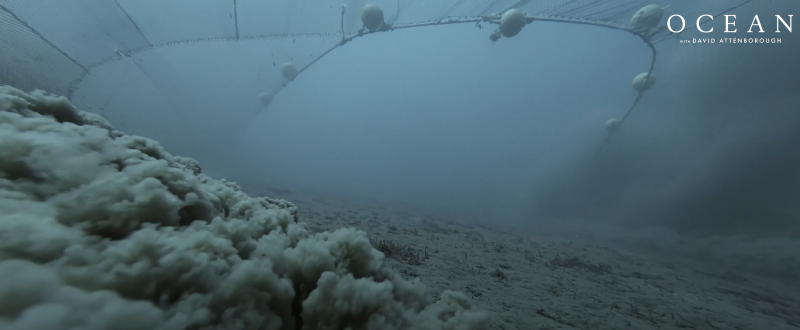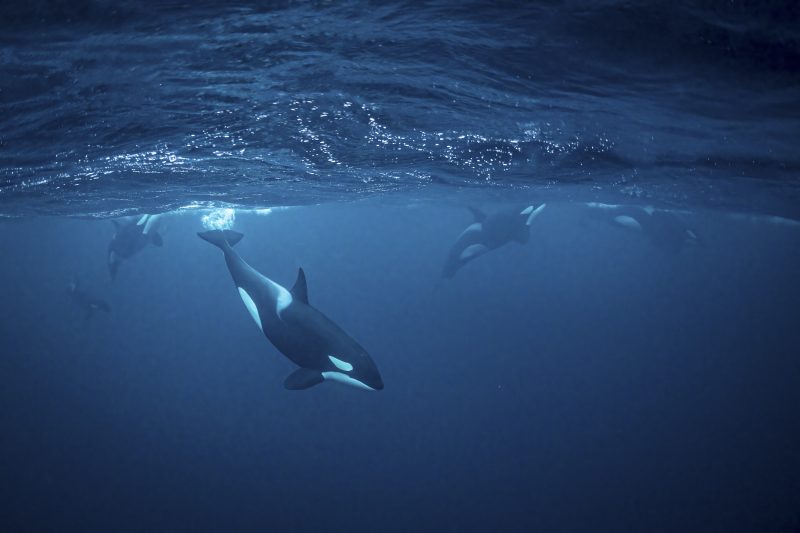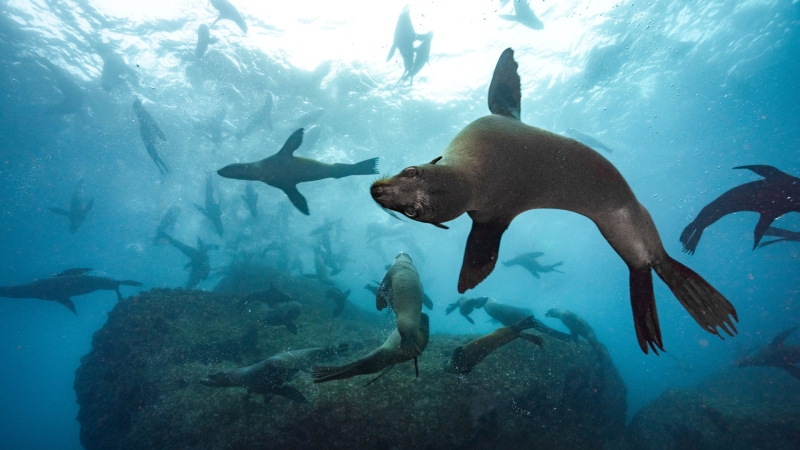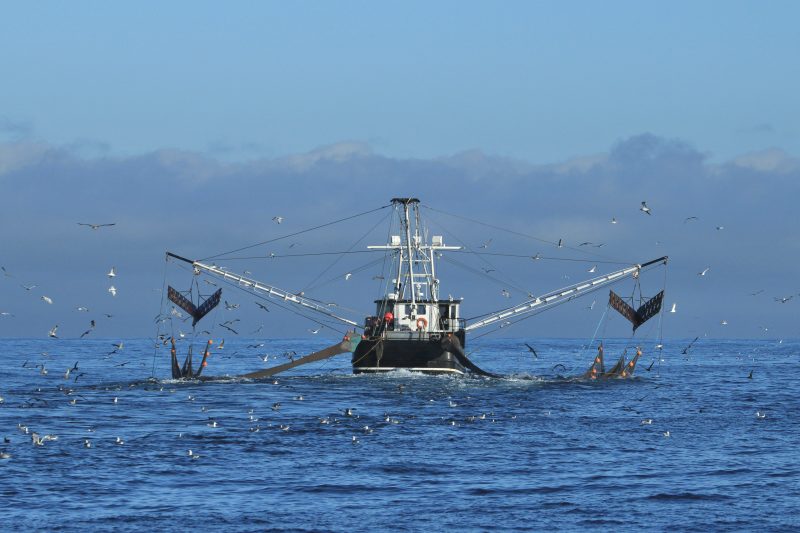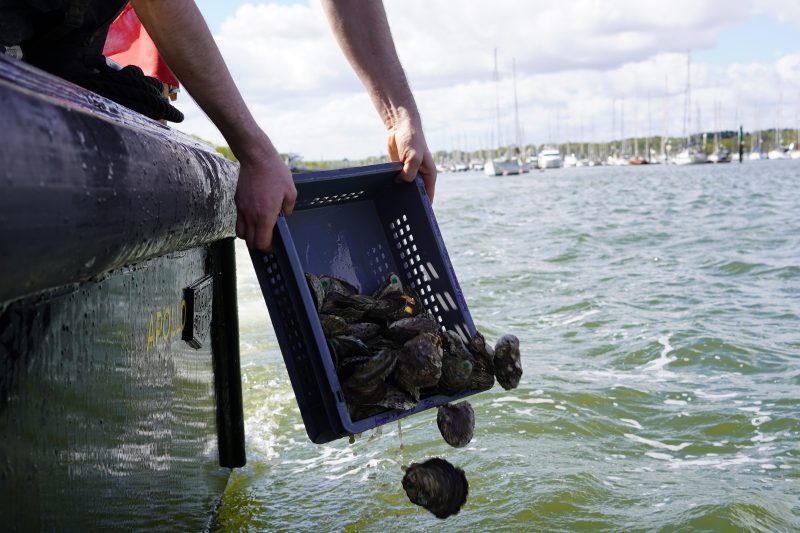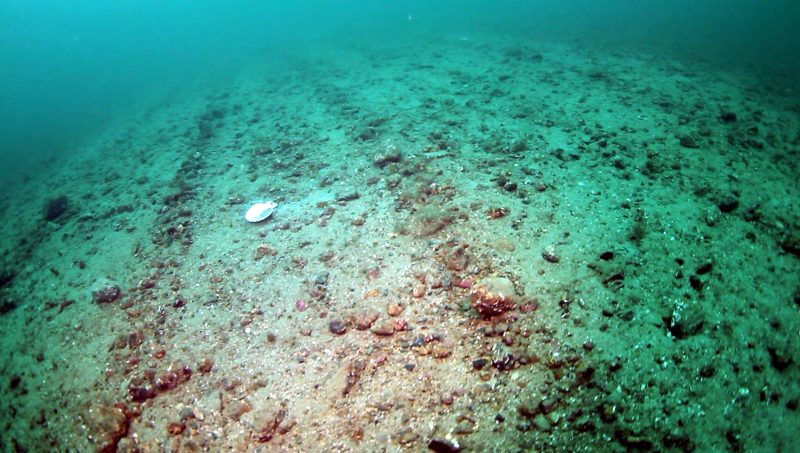By Elisabeth Druel, EU project manager
The EU Ocean Pact was released today and will officially be presented by President of the European Commission Ursula Von der Leyen at the United Nations Ocean Conference in Nice next week.
There were strong expectations around the release of the Pact, but unfortunately, it is far from being the ambitious document it could have been.
On the positive side, it calls for the adoption of a new EU Ocean Act. This could be a step in the right direction, if this Ocean Act (or revised Marine Spatial Planning Directive) includes legally binding targets to protect at least 30 per cent of EU seas, with 10 per cent strictly protected – as those targets are simply aspirational at the moment and not legally binding on Member States (they were included in the 2020 EU Biodiversity Strategy but have yet to be translated into EU law).
On Marine Protected Areas (MPAs), the EU Ocean Pact is less ambitious than the 2023 EU Marine Action Plan which called explicitly for a ban on bottom-trawling in MPAs which protect the seabed by 2030 at the latest. Nevertheless, the Commission underlines that it will work on the enforcement of existing legislation, which in practice means banning bottom trawling in EU MPAs. It is worth recalling that in the past two months, the Commission received complaints from NGOs regarding bottom-trawling taking place in MPAs in 6 Member States (France, Italy, Germany, Denmark, Spain, the Netherlands – Blue Marine Foundation contributed to the Italian complaint) and that NGOs expect the Commission to take swift action following those complaints, including if necessary the opening of infringement proceedings against the Member States still violating EU law by allowing bottom-trawling in MPAs.
Finally, while it is good that the Ocean Pact puts an emphasis on small scale fisheries, which really need access to quotas and financial support, it is worrying that it lacks concrete action to finally put an end to overfishing, after the EU missed its own legally binding deadline to end overfishing by 2020 at the latest. It is also worrying that the Commission suggests a possible revision of the Common Fisheries Policy Basic Regulation (which could undermine sustainability) – whereas what the Ocean really needs now is implementation of the commitments to end overfishing which were made in 2013.

